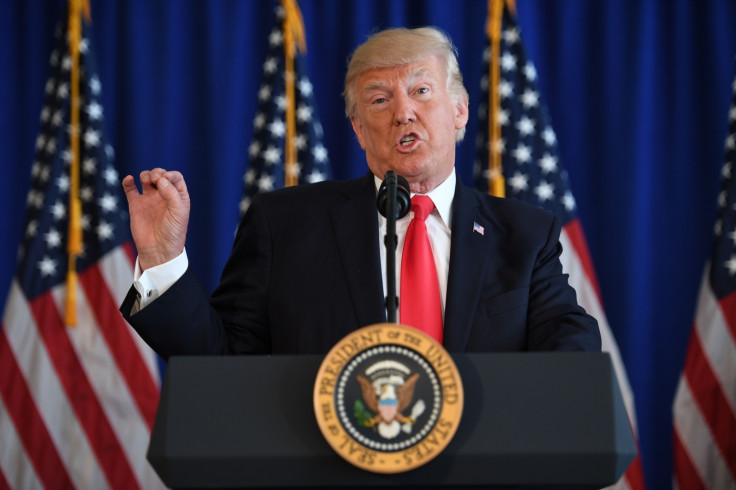Trump's cybersecurity advisors quit in protest over 'insufficient attention' from the president
Members who walked out quoted multiple reasons, including the Paris accords and Charlottesville.

The US National Infrastructure Advisory Council (NIAC) has lost eight of its 28 members. The council is an advisory body that works with the Department of Homeland Security (DHS) on issues ranging from functional systems to cyber networks, according to the body's charter.
In their resignation letter, members who have stepped down said that US President Donald Trump was not giving enough attention to the country's cyber threats and vulnerabilities, among other reasons.
The resignation letter also mentioned the administration's negligence of the cyber threats that the country faces, including the impact of such threats on the "democratic election process".
Trump's decision to withdraw from the Paris accords was noted in the letter of resignation as well and so was his reaction to the Charlottesville violence.
"We can confirm that a number of members of the NIAC who had been appointed under the previous administration have submitted their resignation," said a White House official in a statement to the Hill.
However, the White House added that this mass resignation of members will not affect the way in which the council works.
The NIAC was reportedly put together by former President George W Bush and can have up to 30 members appointed by the president from the private sector, academia and government. According to reports in tech website Futurism, the organisation played a major role in identifying and securing vulnerabilities in the water sector last year.
Interestingly, all the members of the NIAC that pulled out of the council are private players and the exodus comes before the cybersecurity council's quarterly business meeting, according to the report.
Earlier this month, Trump axed his infrastructure council and disbanded his business advisory council – both essentially made up of top business leaders and private players – post Charlottesville.
However, the White House said that the technology council would remain intact. Many believed that the only reason this particular council was not dissolved was because it had no members from the private sector.
It is not certain at this point if Trump's decision to not deal with private players has come as a result of various committees distancing themselves from the government after the Charlottesville incident.
To most observers, the NIAC seems to be the next casualty which has been affected by the stand the Trump administration has taken on certain sensitive subjects.
It is also not clear if this resignation of NIAC members from the existing council will move the White House to reconsider their decision to include members from outside government.
© Copyright IBTimes 2024. All rights reserved.





